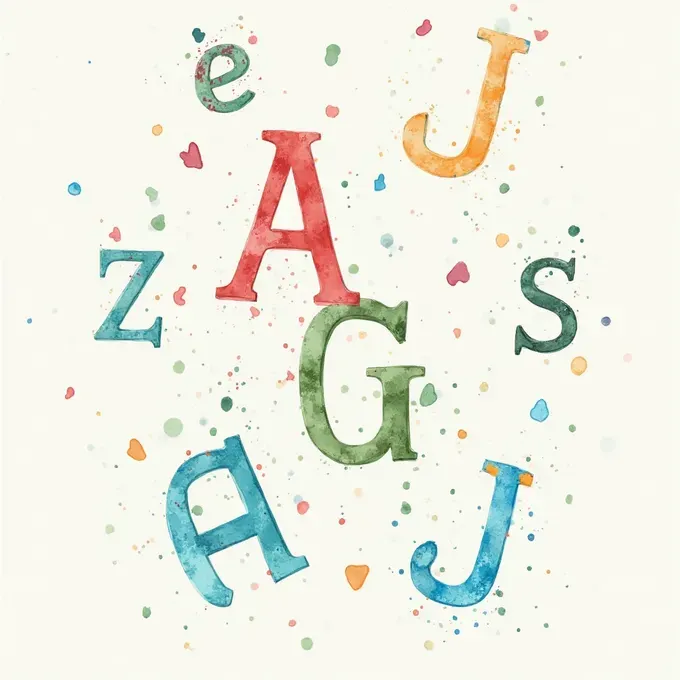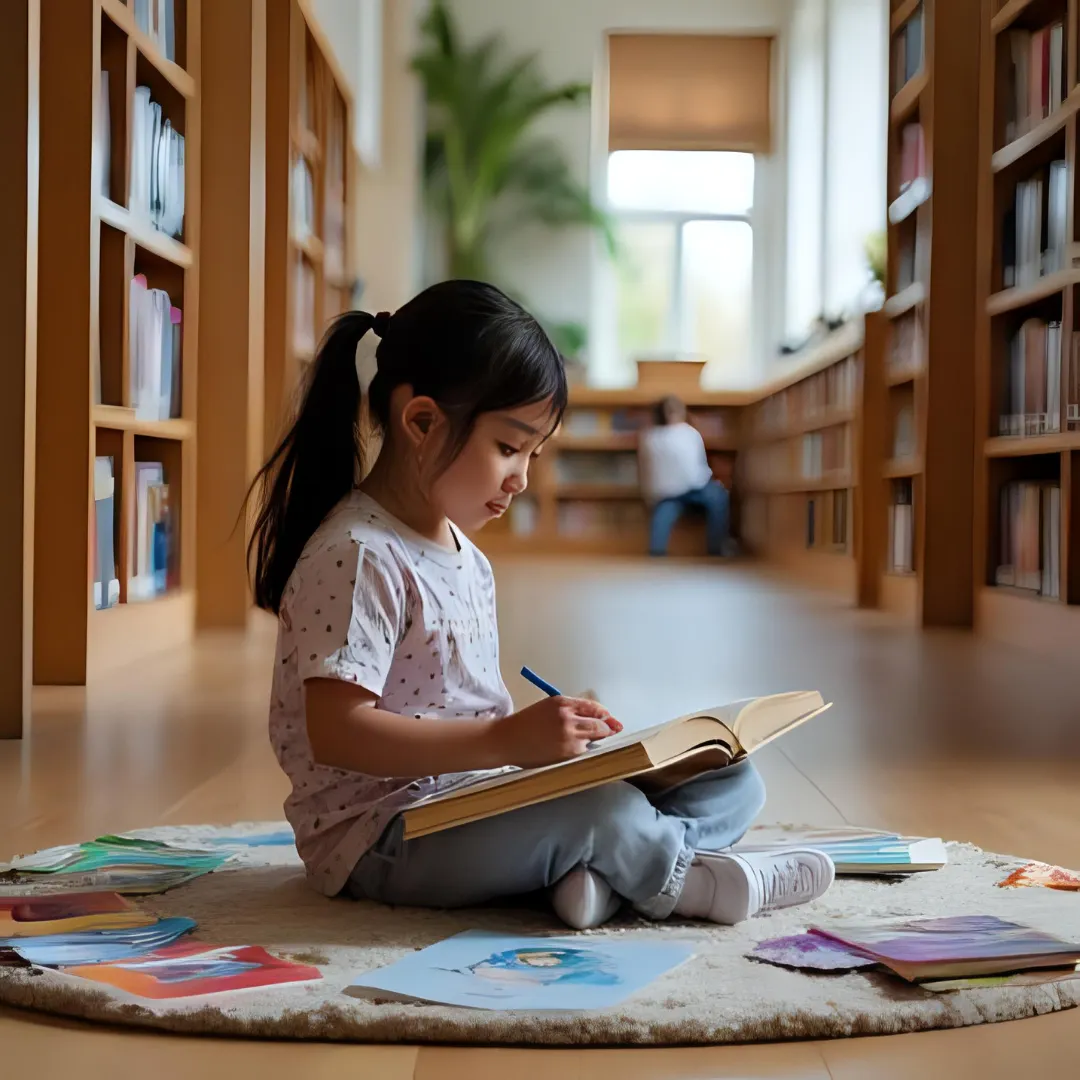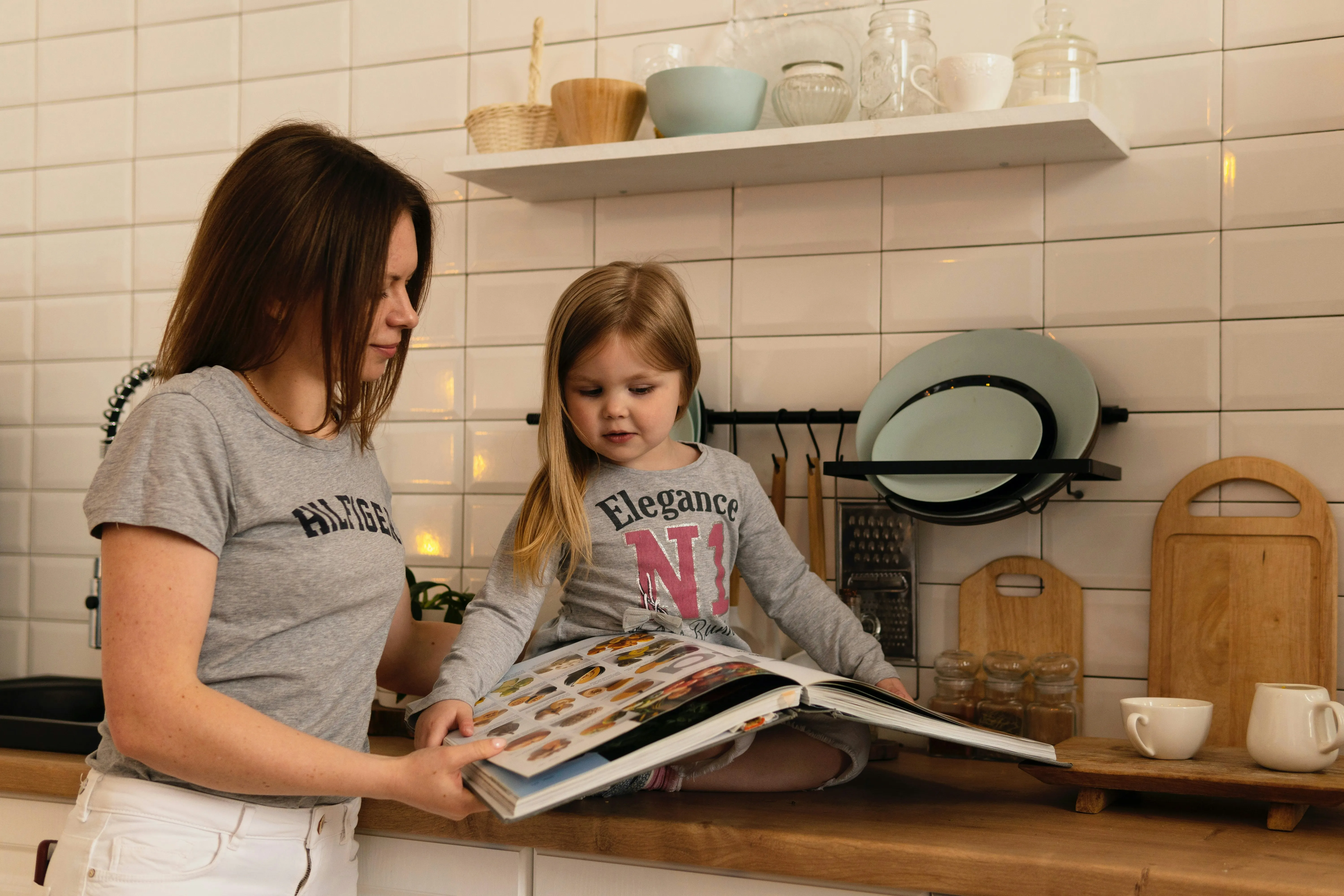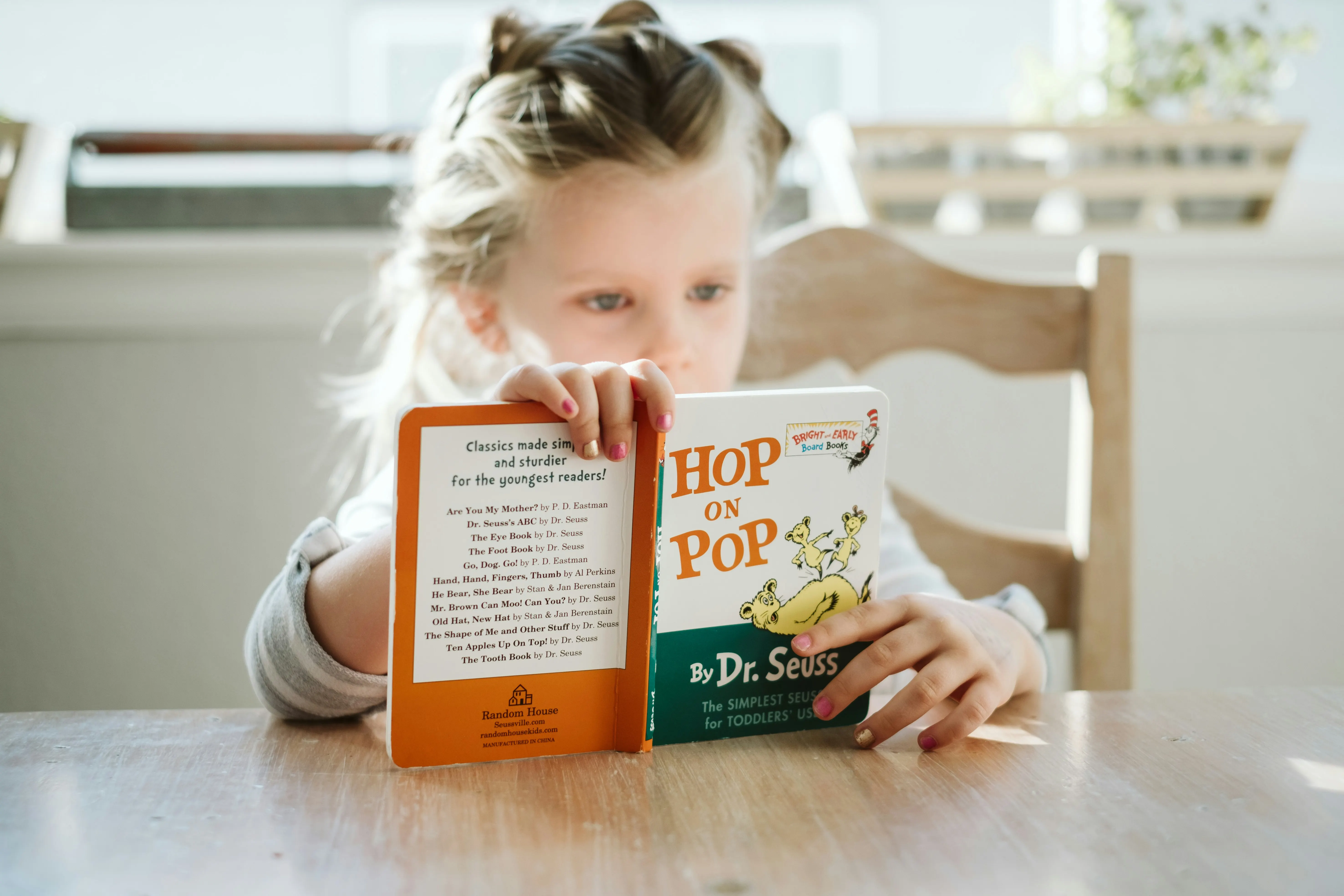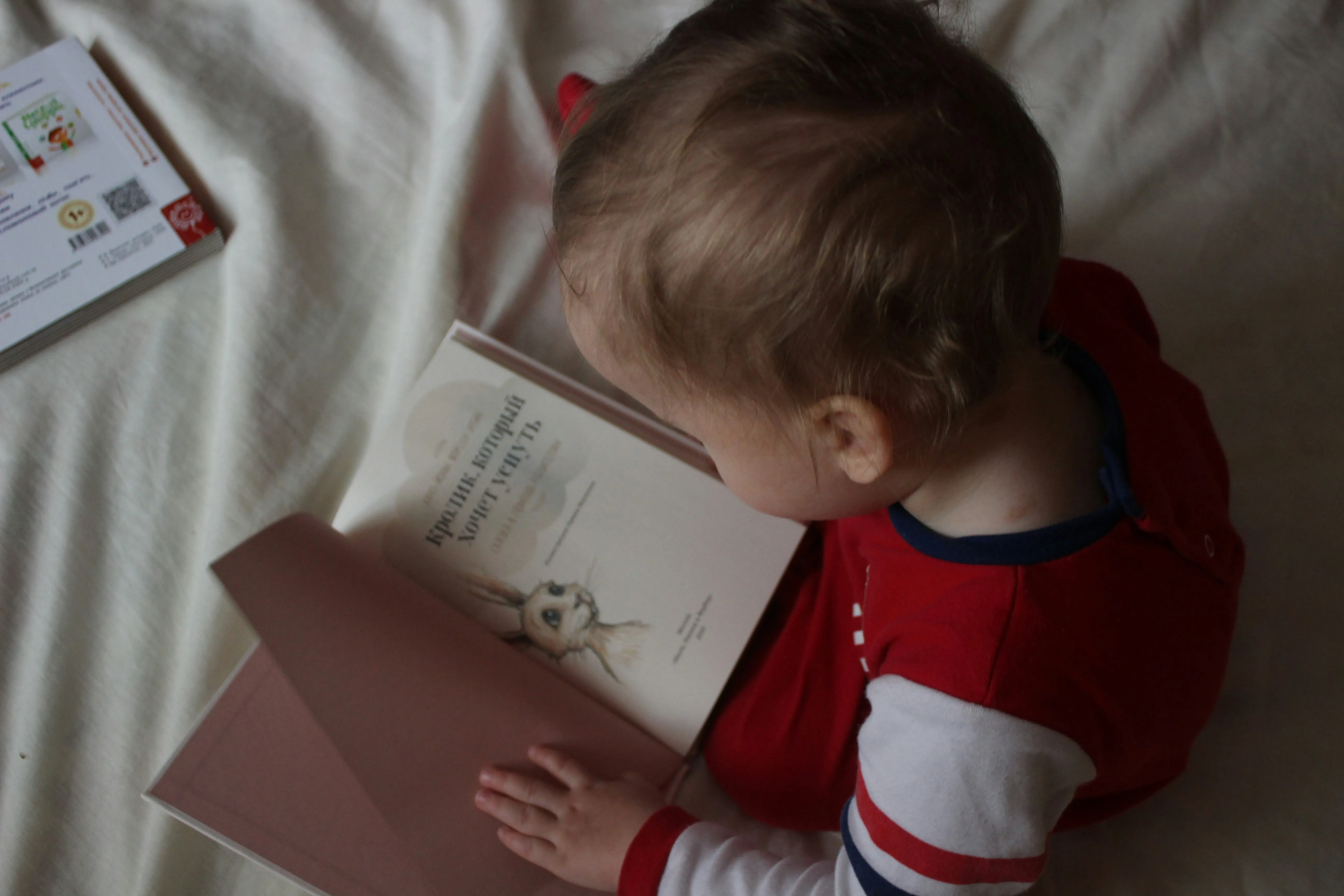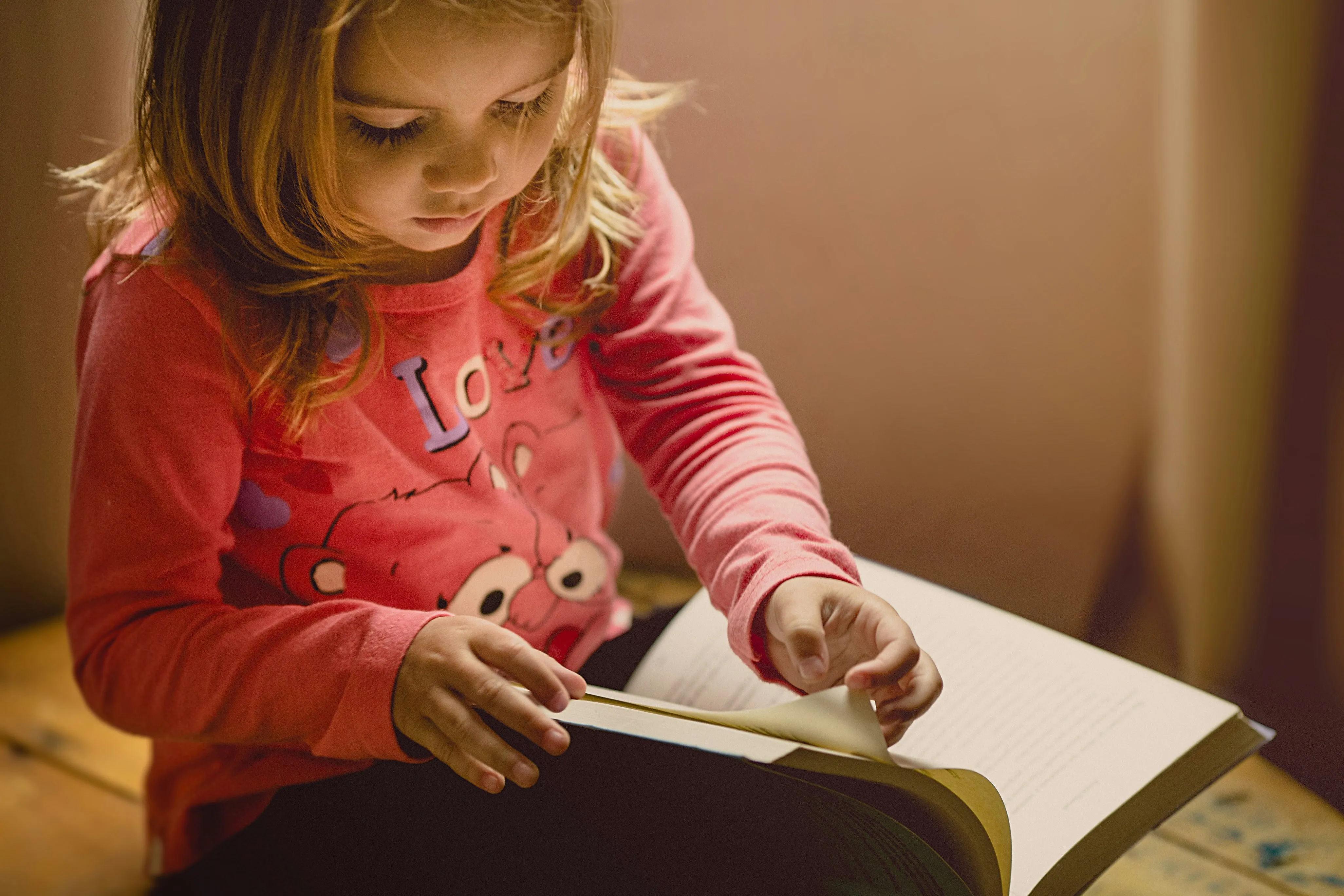The Magic of Early Literacy: Six Prelanguage Skills
From Prenatal Read-Alouds to Narrative Skills
Dear Expecting Mother,
Congratulations on your upcoming journey into parenthood! Did you know that your baby's literacy journey begins even before birth? That's right - your little one is already developing the foundational skills that will lead to a lifetime love of reading and learning.
LearningTime Canada understands this magical journey, offering personalized storybooks from the prenatal period to the 10th birthday with our comprehensive First Decade subscription.
Let's explore the fascinating world of early literacy development and how you can nurture these essential skills from the very beginning.
Before we dive into the six fundamental literacy skills, here's an interesting aside: Object permanence, typically developing around 8 months, is actually one of the first cognitive building blocks that help your baby understand that things (including books and symbols) continue to exist even when they can't see them. This realization is crucial for later understanding that written words represent real things and ideas!

The Six Essential Early Literacy Skills
Book Awareness: Your Child's First Step into the Reading World
Book awareness is like discovering a book is a treasure chest! It's that wonderful moment when children realize books are gateways to incredible adventures and amazing discoveries. As they learn how to hold books, turn pages, and understand that those fascinating marks tell stories, they're unlocking a world of wonder. When children discover the joy and enchantment of books, they naturally want to explore more, developing a lifelong love affair with reading that opens countless doors to learning and imagination.
Print Motivation and Awareness
Print motivation is your child's magical fascination with books - that sparkle in their eyes when they see a favourite story and their eager requests for "just one more" at bedtime! When children discover the joy of books, they're naturally drawn to explore the wonderful world of reading. Print awareness is like finding a treasure map - suddenly your child realizes that those mysterious marks and symbols on the page hold secrets, stories, and adventures waiting to be unlocked. Through playful daily interactions with books, signs, and labels, children begin to see that written words are everywhere, each one a key to unlock new discoveries and understanding.
Letter Knowledge: The Building Blocks of Reading
Letter knowledge is unlocking the alphabet kingdom! Just as each key on a piano creates its own special sound, each letter holds its own unique power. When children discover these enchanting symbols, they're not just learning shapes and sounds - they're gaining the keys to unlock entire worlds of stories and imagination. Through playful exploration, they begin to recognize letters as their special friends, each one holding a piece of the wonderful reading adventure that awaits!
Vocabulary Power
Think of vocabulary as a vast and magical treasure chest, brimming with precious words that your child can draw upon whenever they need to express themselves or understand the world around them. Just as a treasure hunter delights in discovering new gems, your child's growing collection of words becomes an ever-expanding repository of linguistic riches. As their vocabulary treasure chest fills with more and more words, the act of reading transforms from a challenging endeavour into a natural, fluid, and deeply enjoyable experience. When children encounter familiar words within the text of a story or book, it creates a wonderful sense of recognition and comfort - much like bumping into cherished friends at a playground rather than facing the uncertainty of decoding mysterious and complicated puzzles!
Phonological Awareness: The Symphony of Language
Phonological awareness is a fascinating skill that helps children understand and play with the sounds of language. It's what allows them to recognize that "cat" and "hat" rhyme, or that "butterfly" can be broken down into "but-ter-fly". This awareness becomes a powerful tool as children learn to connect spoken sounds with written letters, helping them decode new words and eventually become confident readers. Through activities like rhyming games, clapping syllables, and sound matching, children develop a natural sensitivity to the patterns and rhythms of spoken language.
Narrative Skills: The Art of Storytelling
Oh! Oh! Let me tell you a story! wiggles excitedly
Once there was a tiny baby who couldn't even walk yet! The baby had a favourite teddy bear, and even though the baby could only say "ba ba ba," they would sit with their teddy and tell the BIGGEST stories ever! They would point at things and babble and make their teddy nod along.
And you know what's really cool?
Even though it sounded like silly baby talk, the baby was learning super important things! They were learning how to make stories have a beginning and middle and end, just like big kids do! They were learning to think about what might happen next, just like in their favourite bedtime stories!
The end! claps hands Did you like my story? I just learned how to tell stories too!
The most amazing part? Children begin developing these narrative skills long before they can read - even before they can talk! Through gestures, facial expressions, and those adorable baby babbles, they're already learning to communicate stories and sequence events. Every time they point to something interesting or make excited sounds about what they see, they're practicing the building blocks of storytelling.
These early attempts at narrative are precious stepping stones toward more complex storytelling abilities. When your baby waves "bye-bye" or reaches for their favourite toy while making sounds, they're already telling you a story - one that will eventually grow into full sentences and elaborate tales!
Starting Early: The Prenatal Advantage
At LearningTime Canada, we believe in starting the literacy journey before birth. Our personalized Prenatal Read Aloud books are specially designed for expecting parents to begin bonding with their babies through storytelling. When you read aloud during pregnancy, your baby becomes familiar with your voice and the rhythms of language, creating a foundation for future learning.
As your child grows, our program evolves with them, offering:
- A special Welcome to the World Book celebrating your baby's arrival
- Our flagship ABC and CH Read Aloud books for foundational learning
- Four custom storybooks in the first year, personalized to your child's developing interests
- Annual Happy Birthday books that grow with your child
Remember: Learning these skills should never feel like a chore! Transform everyday moments into opportunities for literacy growth: read stories together with enthusiasm, turn grocery shopping into a letter-hunting adventure, play rhyming games during car rides, and encourage storytelling during daily activities.
By starting early and making reading a joyful part of your daily routine, you're giving your child the greatest gift - a strong foundation for lifelong learning and success. Let LearningTime Canada be your partner in this amazing journey, providing personalized, AI-powered storybooks that grow with your child from before birth through their first decade.

FAQ
1. How does prenatal reading benefit my baby?
Prenatal reading helps familiarize your baby with your voice and the rhythms of language, creating a strong foundation for language development and early literacy.
2. What are the six essential early literacy skills?
The six skills are:
- Book Awareness
- Print Motivation and Awareness
- Letter Knowledge
- Vocabulary Power
- Phonological Awareness
- Narrative Skills
3. Can I start reading to my baby before birth?
Yes! Reading aloud during pregnancy allows you to bond with your baby and exposes them to language, which is crucial for their early learning.
4. What are narrative skills, and why are they important for babies?
Narrative skills involve understanding and telling stories. Babies start developing these skills through gestures, babbling, and pointing, even before they can talk.
5. How does LearningTime Canada support early literacy for expecting parents?
LearningTime Canada offers personalized prenatal read-aloud books and a First Decade subscription, which grows with your child, supporting literacy from prenatal through their first decade.
6. What simple activities can enhance my child's literacy skills?
Engage in activities like reading aloud with enthusiasm, playing rhyming games, and turning everyday moments like shopping into literacy-building opportunities.
Citations
https://learningtime.ca/blog/post/study-prenatal-read-alouds-for-early-literacy-development
https://nurturednoggins.com/110-transcript-early-literacy-with-storytelling/
https://guides.mysapl.org/c.php?g=485030&p=3318601
https://raisingchildren.net.au/babies/play-learning/literacy-reading-stories/reading-storytelling
https://www.naeyc.org/resources/pubs/yc/fall2021/reading-aloud-infants-toddlers
https://www.zerotothree.org/resource/supporting-language-and-literacy-skills-from-0-12-months/
https://littleplayhouse.com.my/the-role-of-storytime-in-developing-early-literacy-skills/
https://text4b.com/encourage-early-literacy-and-reading/
https://terracentre.ca/blog/benefits-of-reading-to-your-baby-and-young-children/
https://www.readingrockets.org/literacy-home/reading-your-child
https://en.wikipedia.org/wiki/Emergent_literacies
https://www.parents.com/when-do-kids-learn-to-read-8730376
https://www.parents.com/ms-rachel-childrens-book-encourages-parents-to-sing-8716991
https://www.thesun.ie/fabulous/13876584/top-40-books-child-age-4-reading-list/
https://arxiv.org/abs/2405.13968



